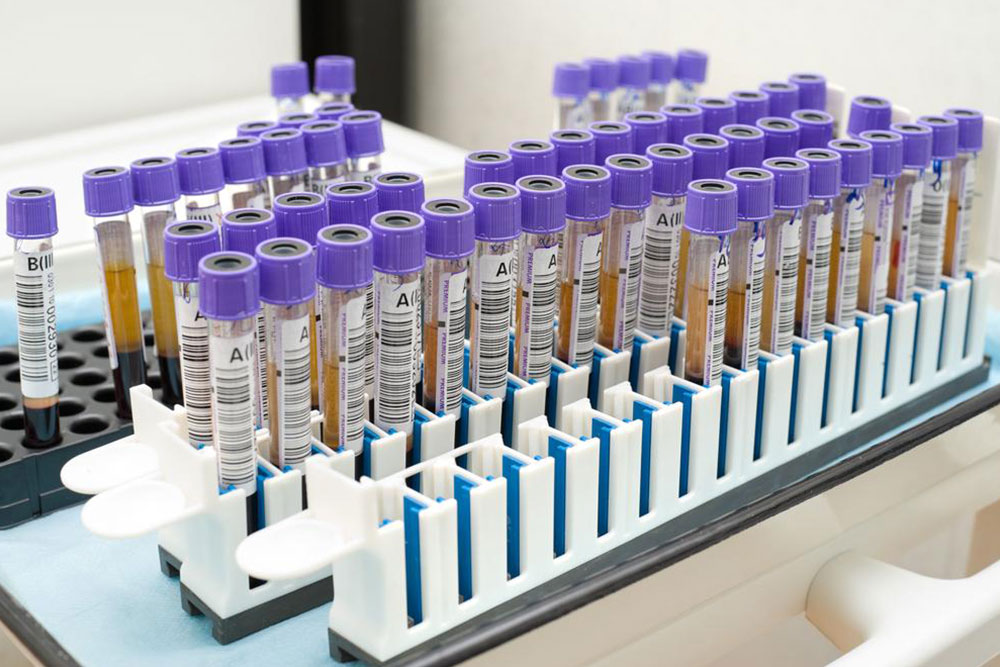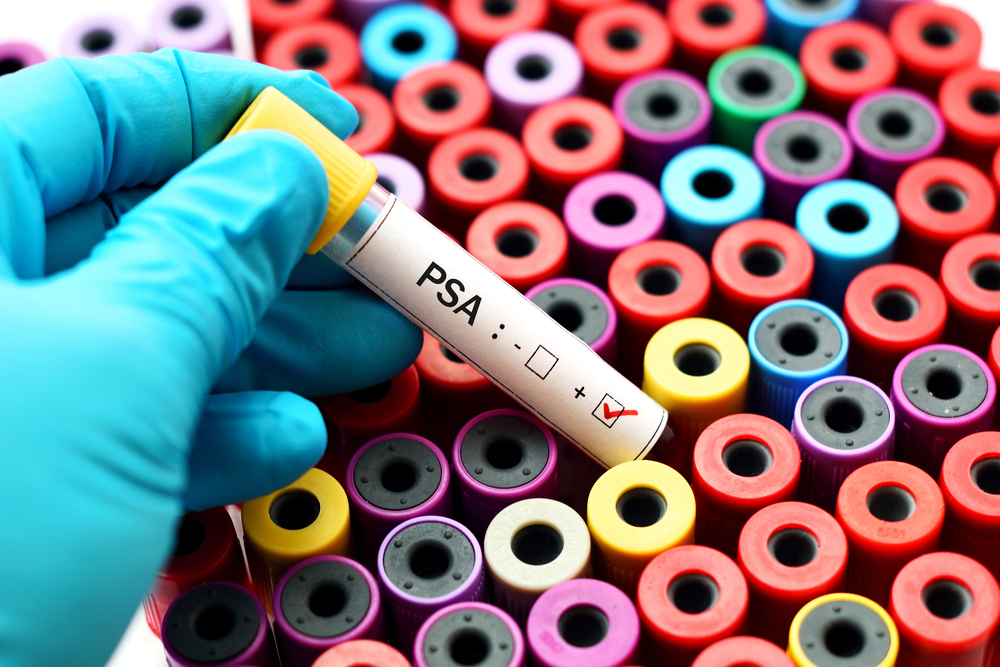Understanding PSA Blood Test for Prostate Health
This article explains the purpose, preparation, and interpretation of PSA blood tests for prostate health. It emphasizes the importance of early detection of prostate cancer through screening, highlights factors influencing PSA levels, and advises consulting healthcare professionals for accurate diagnosis and follow-up. Understanding PSA testing can help men take proactive steps toward maintaining prostate health and recognizing when further medical evaluation is needed.
Sponsored

The prostate gland, part of the male reproductive system, produces a protein called PSA (Prostate-Specific Antigen). This protein can be detected through a blood test and is used to screen for prostate issues, including cancer. Elevated PSA levels may suggest prostate inflammation or malignancy. However, additional diagnostic procedures are essential to confirm any diagnosis.
Prostate cancer ranks among the most common cancers affecting men worldwide. While high PSA levels can signal cancer, men with no health issues usually maintain low PSA levels in their blood.
Before testing, inform your doctor about all medications you're taking, as some drugs can influence PSA results, making levels appear artificially low or high. Besides medication disclosure, no special preparations are needed for the test.
The PSA test is performed for several reasons:
To detect the presence of prostate cancer
To monitor treatment effectiveness and check for recurrence
To evaluate prostate health during physical examinations
Early detection through PSA screening can catch prostate cancer at its initial stages, increasing treatment success chances.
However, consult your doctor about any potential risks of the test.
Interpreting Results:
The PSA blood test alone cannot diagnose prostate cancer definitively. A biopsy is required for confirmation. Your healthcare provider will consider factors like age, ethnicity, medications, and overall health to determine next steps.
Normal PSA levels are generally below 4.0 ng/ml. Men in their 50s or younger should ideally have PSA levels below 2.5 ng/ml. PSA levels tend to increase with age, which is normal.
While valuable, PSA testing is not foolproof. Elevated PSA levels can result from other issues, such as:
- Enlarged prostate (Benign Prostatic Hyperplasia)
- Prostate infections
- Urinary tract infections (UTIs)
- Recent ejaculation or sexual activity
- Recent catheterization or bladder procedures






